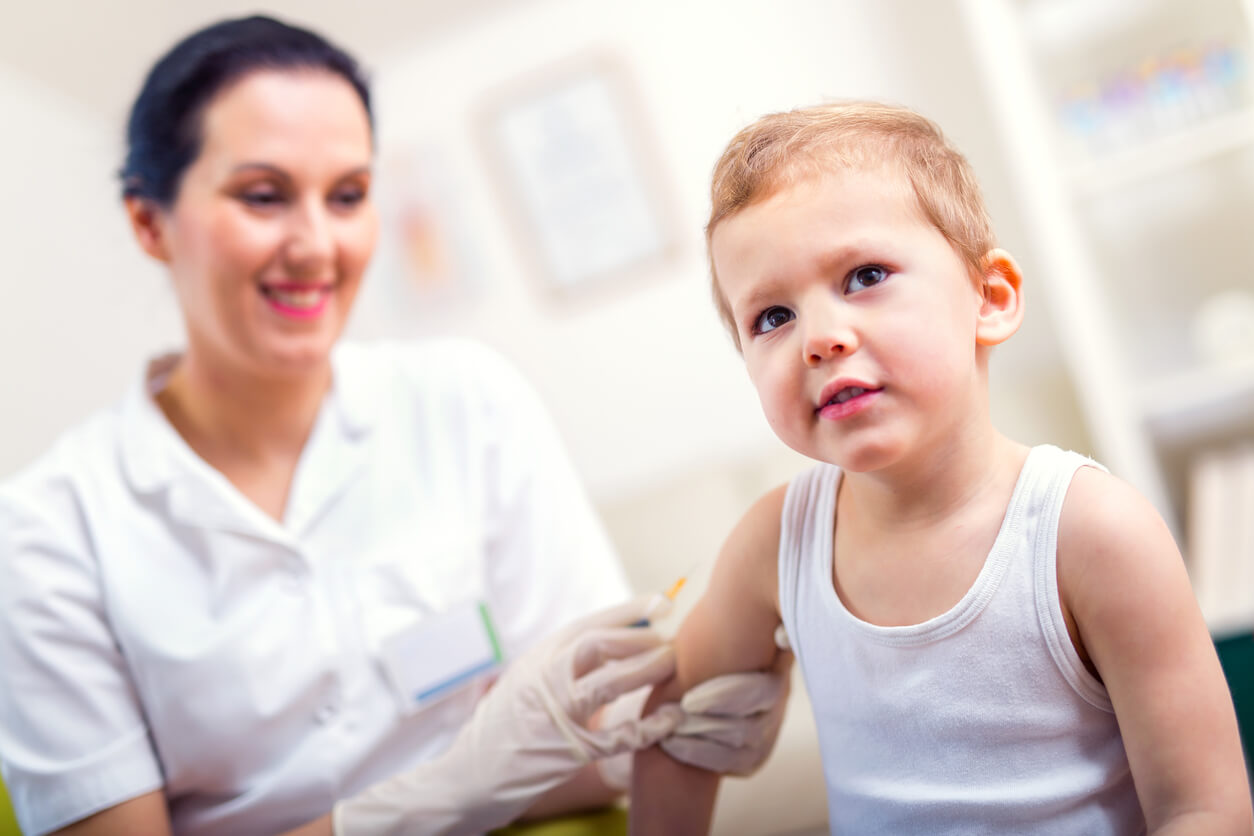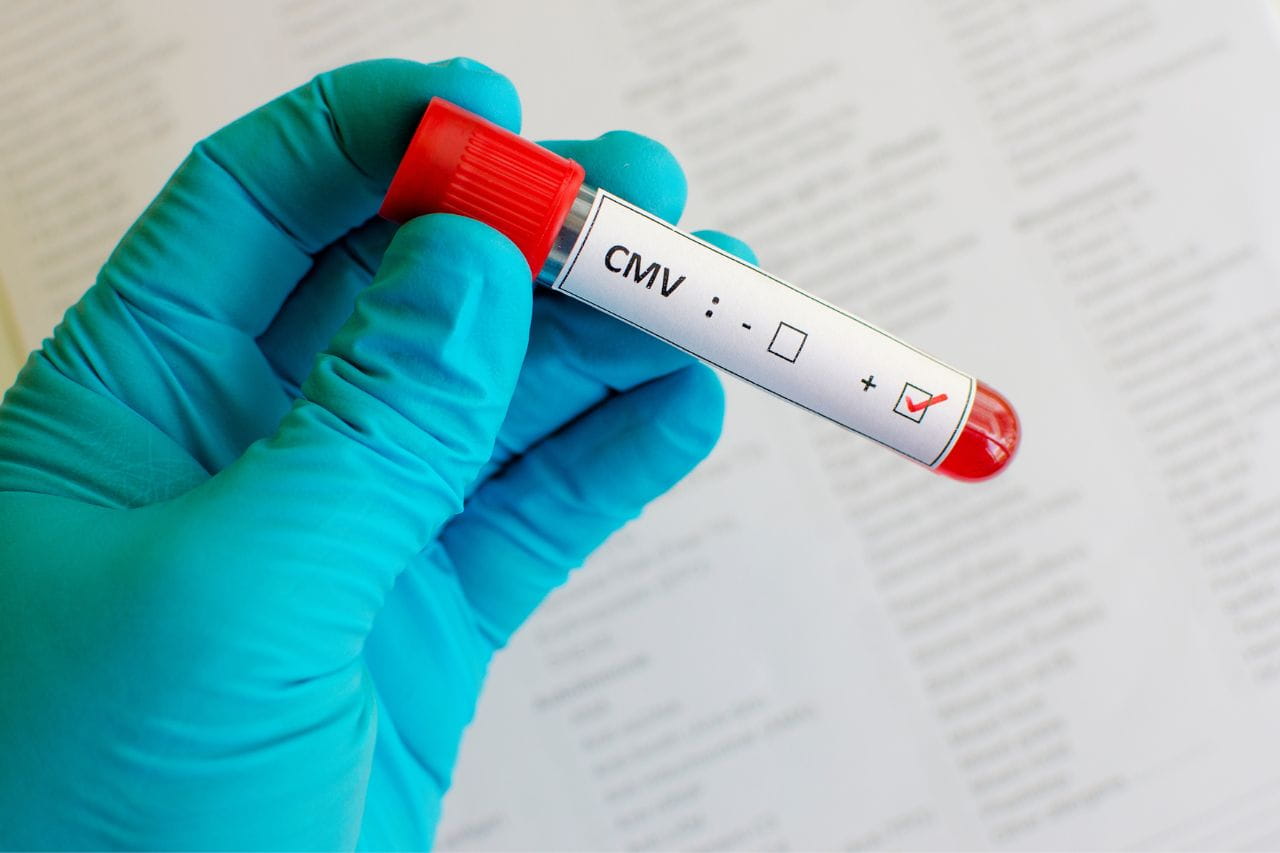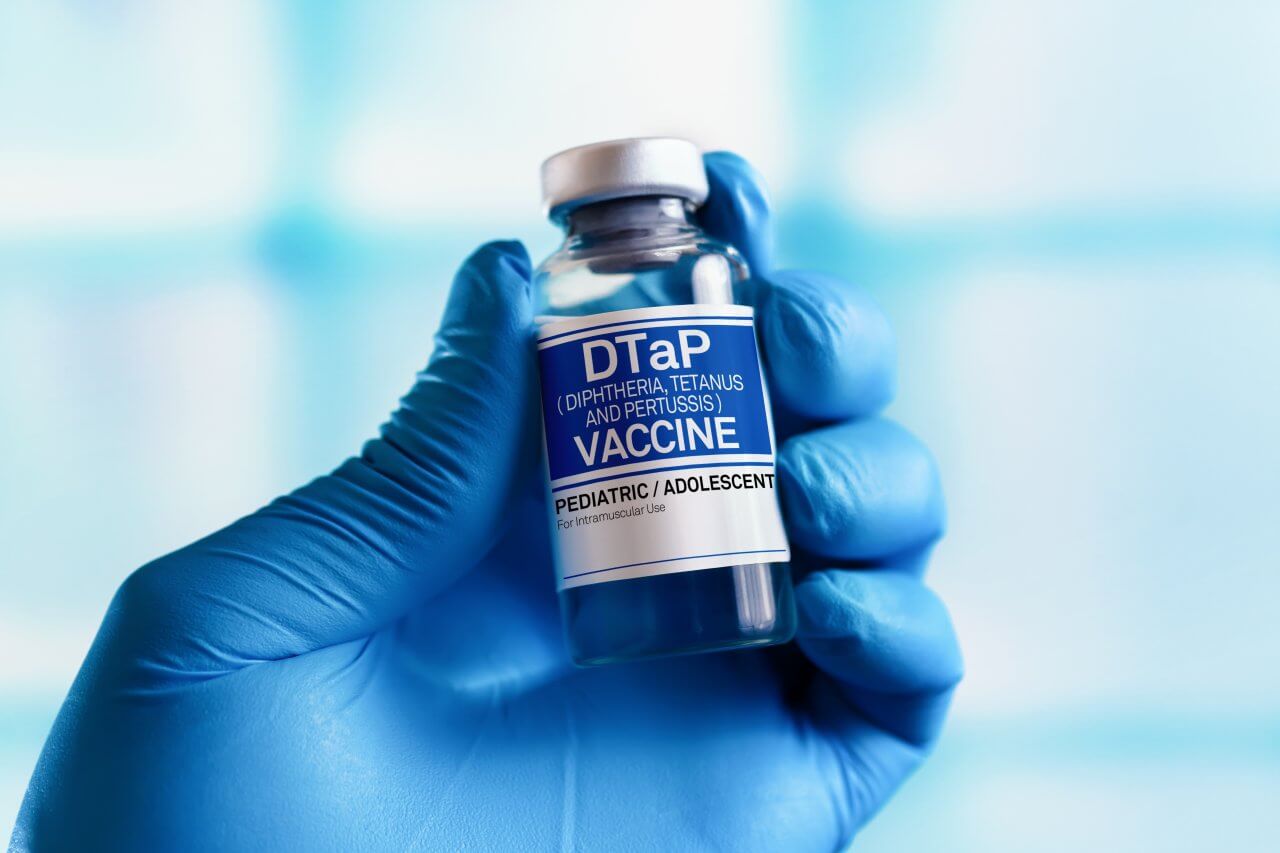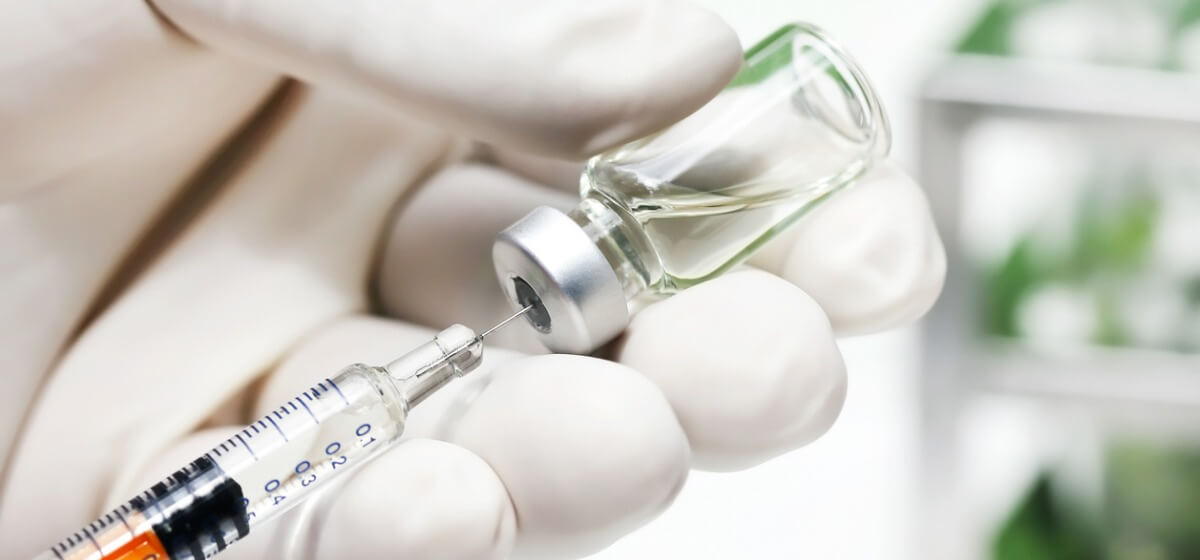Understanding a Mumps Outbreak

Mumps is a viral infection that generally affects the parotid glands, which are a pair of salivary glands that are below and in front of your ears. The infection can cause swelling in one or both of the glands. Mumps was common in the United States until a vaccine was developed and came to be widely used. While nearly eradicated in the U.S., mumps outbreaks do still occur.
Mumps in Adults, Kids, Babies, & Toddlers
Mumps Q&A
Is mumps serious?
In some cases, mumps can be serious. However, most people fully recover in a few weeks.
What are the symptoms of mumps?
Symptoms include:
- Painful, swollen parotid salivary glands on one or both sides of the face
- Headache
- Fever
- Pain while swallowing or chewing
- Muscle aches
- Fatigue and weakness
- Decreased appetite
- Possible swelling in the testicles for men and adolescent boys
What complications can arise from mumps?
Rare but serious complications can include hearing loss which may be permanent, meningitis and encephalitis, which can lead to permanent disability or death.
Should I avoid contact with others if they or I have mumps?
Yes. Mumps is transmitted through prolonged close contact. People with mumps should avoid this type of contact until at least five days after glands start to swell. Until this time, a person is contagious.
Besides avoiding contact, what else can I do to keep from infecting those around me if I have mumps?
As with any other contagious virus, to control the spread of mumps, you should:
- Cover your mouth and nose with a tissue when you cough or sneeze and put the tissue in a trash can
- If you don’t have a tissue, sneeze into your shirt sleeve or the bend of your elbow
- Wash your hands frequently with soap and water
- Do not share food, beverages or eating utensils
- Regularly disinfect frequently touched surfaces like doorknobs, counters, tabletops, etc.
I got the MMR vaccine but still got mumps. How can that happen?
The MMR vaccine is very effective in preventing the infection, especially in those who have received two doses. But, there is still a chance that a person who has prolonged exposure and close contact with someone who is carrying the virus will develop mumps. However, people who are immunized tend to have a milder case of mumps if they do, in fact, catch the virus.
If you suspect that you or a loved one has mumps, your doctor can perform a virus culture or a blood test to confirm the virus is present, and can also provide more information on the condition. Treatment typically involves rest, as needed, for the two weeks that it typically takes the illness to run its course.



